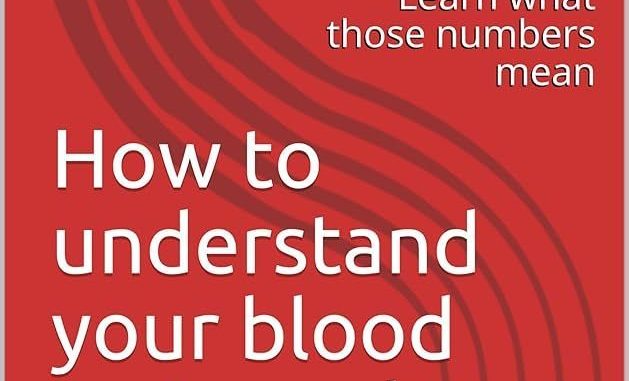
Getting a blood test done is a routine part of healthcare, but do you really understand what all those numbers and values mean? Interpreting your blood test results can be intimidating, but with a little guidance, you can learn to understand the important information they provide about your health.
Understanding the Basics
Before diving into the details of your blood test results, it’s important to understand some basic concepts. Blood tests typically measure levels of various substances in your blood, such as red and white blood cells, platelets, cholesterol, and glucose. These levels can give your healthcare provider valuable insights into your overall health and help them diagnose any potential problems.
Common Blood Test Panels
There are several common blood test panels that your healthcare provider may order. These include:
Complete Blood Count (CBC): Measures levels of red and white blood cells, hemoglobin, and platelets.
Basic Metabolic Panel (BMP): Checks kidney function, blood sugar levels, and electrolyte balance.
Lipid Panel: Measures cholesterol levels, including HDL, LDL, and triglycerides.
Thyroid Function Tests: Assesses thyroid hormone levels.
Interpreting Your Results
When you receive your blood test results, they will typically include a range of values along with your results. It’s important to compare your results to the reference ranges provided to determine if they fall within normal limits. If any of your values are outside the normal range, this may indicate a potential health concern that needs further evaluation by your healthcare provider.
Key Components of Blood Test Results
Some key components of blood test results to pay attention to include:
White Blood Cell Count (WBC): High levels may indicate infection or inflammation, while low levels may indicate a weakened immune system.
Glucose: Elevated levels may suggest diabetes, while low levels could indicate hypoglycemia.
Cholesterol: High levels of LDL cholesterol are associated with an increased risk of heart disease.
Communicating with Your Healthcare Provider
If you have any questions or concerns about your blood test results, don’t hesitate to reach out to your healthcare provider for clarification. They can help explain what the results mean for your health and provide guidance on any necessary follow-up testing or treatment.
Understanding your blood test results is an important part of taking control of your health. By educating yourself on how to interpret these results, you can make informed decisions about your well-being and work with your healthcare provider to address any potential health issues.
